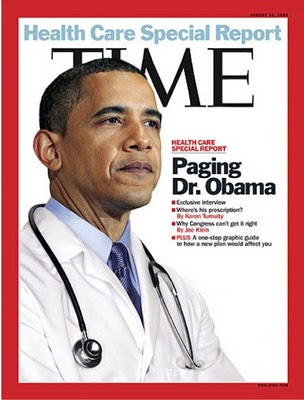 I get a lot of requests from my Dishmaster followers to add political commentary to my blog. But because my brain is the size of a walnut, I find myself frequently explaining that anything outside the entertainment industry is too far beyond my comprehension to write about. After all, that political science major was just so damn long ago, and who pays attention in college anyhow? But since I’m fortunate enough to have very smart friends, I’ve commissioned the services of my trusted contributing editor, Rik Sault, to weigh-in on the constitutionality of “Obamacare.” Read below.
I get a lot of requests from my Dishmaster followers to add political commentary to my blog. But because my brain is the size of a walnut, I find myself frequently explaining that anything outside the entertainment industry is too far beyond my comprehension to write about. After all, that political science major was just so damn long ago, and who pays attention in college anyhow? But since I’m fortunate enough to have very smart friends, I’ve commissioned the services of my trusted contributing editor, Rik Sault, to weigh-in on the constitutionality of “Obamacare.” Read below.
On Friday, after three days of oral arguments, the United States Supreme Court voted on the constitutionality of the Affordable Care Act, also known as Obamacare.
Just as public and political opinion about Obamacare is generally drawn along party lines, with Democrats in favor and many Republicans vehemently opposed to it, the High Court’s Justices seem to be similarly split. It is almost certain that the more conservative Justices will vote to strike down at least one portion of the revolutionary health care law – the so-called individual mandate which requires all U.S. citizens to obtain health insurance or pay a penalty – because, in their view, it exceeds the Constitutional limit of the federal government’s power.
Opponents of the individual mandate generally frame the issue in terms of the freedom of markets, and whether the government can force citizens to buy something. At Tuesday’s oral arguments, conservative Justice Scalia, who is widely seen as opposed to Obamacare, set forth this proposition: The federal government cannot force folks to buy broccoli, so how can it force them to buy health insurance.
But liberal Justice Ginsburg likened the mandate to Social Security. She explained that in the 1930’s, the U.S. had a national problem of people needing old-age and survivor insurance. Therefore, she furthered, it enacted a tax requiring everyone to contribute because without healthy folks and young folks there wouldn’t be enough money to pay for the old, disabled, or widowed. And that tax was constitutional.
While the individual mandate is only one of the two provisions reviewed by the High Court, it received the most argument time, and it seems to be the most pivotal. If the Court strikes down the individual mandate, it could possibly strike down the whole law because the mandate is such an important piece – a piece that cannot be severed.
The Solicitor General, the Obama administration’s attorney arguing in support of the Affordable Care Act, closed his arguments by reaffirming that it will increase public access to affordable health care. He said that Congress has struggled for decades to come up with a way to reform health care. “Maybe they were right, maybe they were wrong,” the Solicitor General said, but the law is within the bounds of Congress’s power under the Constitution, and should not be second-guessed by the Court. Former Bush Solicitor General Paul Clement, counsel to 26 state attorneys general challenging the law, countered, “it’s a very funny conception of liberty,” a law requiring folks to purchase health insurance “whether they want it or not.”
Although the Justices took a vote on the case on Friday, the decision is not expected until June.

Mad props for one of the most simple and intellectual summations of this issue.
I just think that no matter what happens the rate hikes many of us faced this year will not go down, and will only go up.